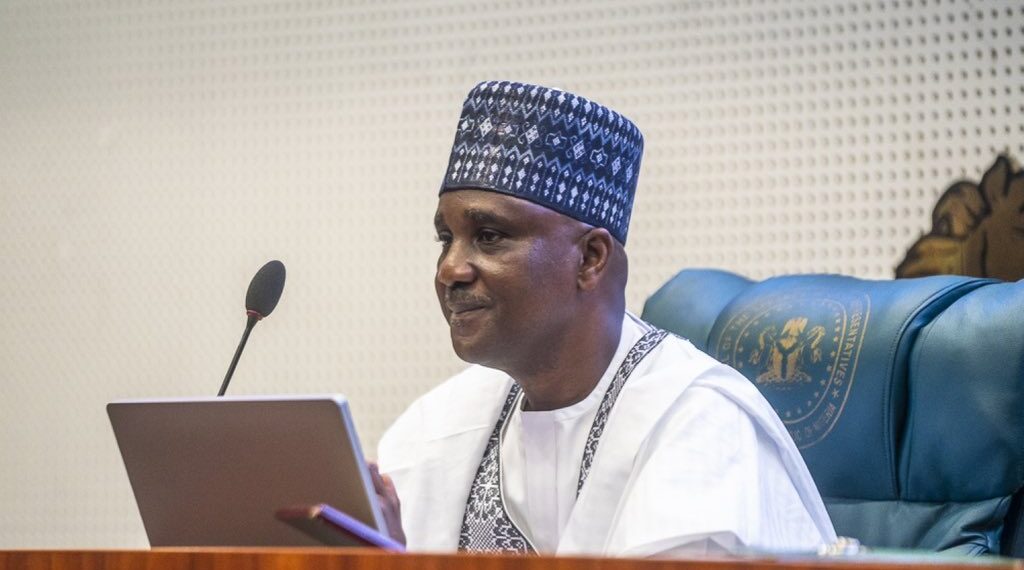On Thursday, the House of Representatives in Nigeria took a significant step towards regulating surrogacy arrangements by approving a bill aimed at establishing the Nigeria Surrogacy Regulatory Commission. This proposed legislation seeks to create a structured oversight mechanism for surrogacy practices across the country, ensuring that such arrangements comply with medical and health laws while also offering protection to parties involved. At its core, this bill reflects a growing recognition of the necessity to formalize and oversee surrogacy in Nigeria, particularly in light of ethical concerns and the welfare of all individuals impacted by these arrangements.
The sponsor of the bill, Ayodeji Alao-Akala, emphasized the urgent need for regulation in what has increasingly become a contentious area. He argued that the absence of formal guidelines has led to the emergence of a black market for surrogacy services, which preys on the hopes and vulnerabilities of expectant parents. Alao-Akala underscored that the legislation aims not only to safeguard the rights of intended parents but also to ensure that surrogate mothers are not unfairly exploited and that their legal rights, along with those of the children born through these arrangements, are well protected.
With these objectives in mind, the bill aims to institute a framework for the registration, regulation, and monitoring of surrogacy agencies. This would involve thorough scrutiny of existing practices in order to dismantle illegal operations and subject all authorized surrogacy agencies to compliance checks. By doing so, the bill aspires to create a fair, transparent, and ethically sound environment for surrogacy in Nigeria, which could bolster public confidence in these services and support families dealing with fertility challenges.
Alao-Akala’s presentation highlighted the broader societal implications of the issue, as it addresses the emotional and psychological needs of individuals experiencing infertility. He presented the establishment of the regulatory commission as an essential step towards offering hope to such individuals, underscoring the importance of ensuring that their paths to parenthood are protected by law and devoid of exploitative practices. The proposed measures aim to build a more compassionate approach to surrogacy, one that acknowledges and addresses the complex emotional dynamics involved.
Following the debate and subsequent approval, the Speaker of the House, Tajudeen Abbas, referred the bill to the House Committee on Healthcare Services. This move indicates the commitment of legislative leaders to deliberate and refine the provisions of the bill before it progresses further through the legislative process. The referral to the committee is crucial, as it will enable a thorough examination of the implications of the bill and allow for expert input from relevant stakeholders in the healthcare and legal sectors.
In conclusion, the approval of the bill to establish the Nigeria Surrogacy Regulatory Commission marks a pivotal moment in the discourse surrounding reproductive rights and surrogacy in Nigeria. The legislative measure aims to protect all parties involved—intended parents, surrogate mothers, and the children born through these arrangements—while also striving to eliminate illegal and unethical practices from the surrogacy landscape. As this bill moves forward, it holds the potential to reshape the framework within which surrogacy operates in Nigeria, fostering a more humane and regulated approach to family building.














